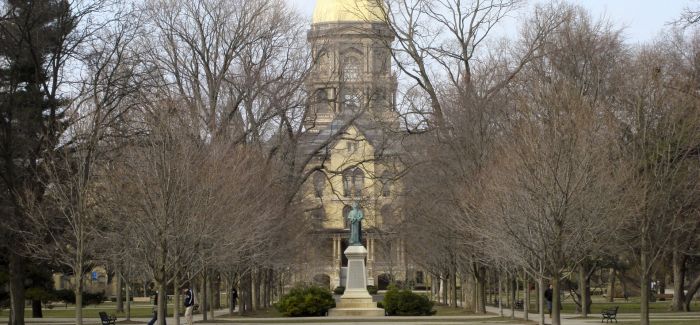The Learning Environment categories look at the student experience within the university environment – whether that’s a physical campus or an online learning environment. Institutions are assessed on either their facilities or online learning offerings.
University infrastructure is an indicator which enables students to know what to expect from their university experience. Indicators such as sporting, IT, library and medical facilities, as well as the number of students societies, are considered within this criterion.
Institutions are assessed for their campus facilities and receives a maximum score, compiled from the following:
Sports facilities
Universities are assessed based on the sports facilities they offer. Points are awarded for each of the following sports facilities: swimming pool, indoor or outdoor fitness gym, indoor sports court, outdoor sports court, or outdoor sports field. Bonus points are awarded to universities which have three or more of these facilities.
Campus facilities
Points are awarded for universities that have each of the following campus facilities: cafeteria, bookstore, social room, support centre for minority group or religious facilities. Bonus points are awarded to universities which have three or more of these facilities.
Student accommodation
Maximum points are awarded to universities which offer enough rooms in student residences to accommodate all first-year undergraduate students. For universities without an in-house residence, agreements with local housing facilities can also be considered.
Library expenditure
Library expenditure broadly refers to all library-related expenses, such as physical materials (books, DVDS etc) or e-learning materials (databases, online journals, paid-for online training courses, and so on). Full points will be awarded to institutions which have invested a certain amount per student, scaled down to $10 per student towards total library operating expenditure within a year.
Health support services
Universities receive a score for their health support services. To obtain a score, universities must have an on-campus medical centre or, for those with off-campus medical facility, the university must have one local medical centre at which students may register.
Student clubs and societies
Apart from gaining opportunities to network, joining student clubs is important for professional development. Points are awarded for universities offering a strong selection of active student clubs and societies. This includes hobby clubs, educational and religious societies, and sports teams.












